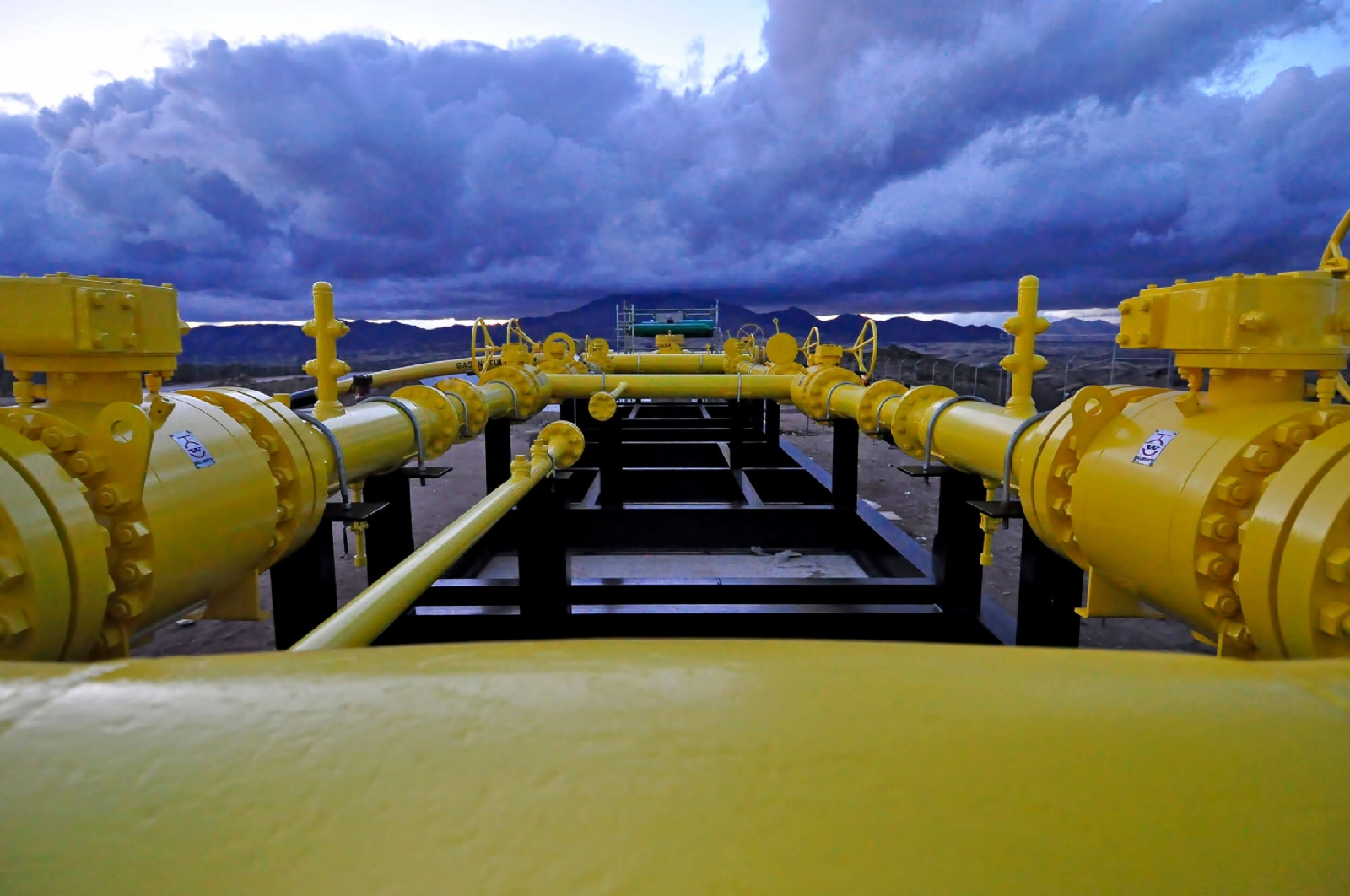Even with the new Vaca Muerta gas pipeline, Argentina does not cover all the gas imported in winter from Bolivia.
The “socialism of the 21st century” is beginning to crumble and is affecting its most important allies.
The economic shock in Bolivia is beginning to have a full impact on Argentina and is severely affecting the normal supply of liquefied gas to the north.

The constant drop in Bolivian production means it is no longer possible to guarantee the supply of 13 million cubic meters for the winter of 2023, which was achieved last year.
Even if the new gas pipeline in Vaca Muerta is completed on time (scheduled for June), it could only provide up to 11 million cubic meters of gas per day, and the sum is not enough to supply the normal energy needs for any winter.
Only as of September will the pipeline reach a transport capacity of up to 20 million cubic meters per day, but before that, it will not be possible.
Given the fall in Bolivian production, Bolivia’s dwindling exports have priority for Brazil because the latter does not apply exchange controls and can pay international prices.
In Argentina, imports are made through the official exchange rate and the administration of the state-owned company ENARSA.
Energy Secretary Flavia Royón traveled to Brazil in search of an agreement to reduce the latter’s purchase quota on Bolivian gas and thus regain priority for Argentina, but no significant progress was made in this matter.
The policies applied by the successive Kirchnerist governments ended up destroying the energy surplus that Argentina had achieved in the 90s, under the leadership of Carlos Menem, and on a system almost totally controlled by private initiative.
The dramatic decoupling of domestic and international prices, exchange controls, freezing tariffs since 2002, and nationalizations turned the country into a net energy importer as of the 2000s.
Bolivia’s economy also faces the most harmful consequences of “21st-century socialism”.
Like Argentina, the Bolivian economy went from exploiting its comparative advantages in gas exports to becoming a net energy importer as of April 2022.
Imports only grew due to the internal need for supply that local production could no longer sustain, and for the same reason, exports declined.
Bolivian socialism completely nationalized the deposits and exploitation of energy resources, aborting national and foreign private investment proliferation.
Gas production under state command was reduced to only 14.5 million cubic meters per day in 2022 when a peak of 22 million had been recorded in 2015.
On the other hand, the excessive exchange rate appreciation in the last 10 years (only sustained based on losing international reserves) was an element that made imports cheaper and deteriorated the competitiveness of exports.
Luis Arce’s regime is reluctant to modify the exchange rate and allow a devaluation, but the Central Bank of Bolivia has almost completely exhausted its foreign currency holdings.

